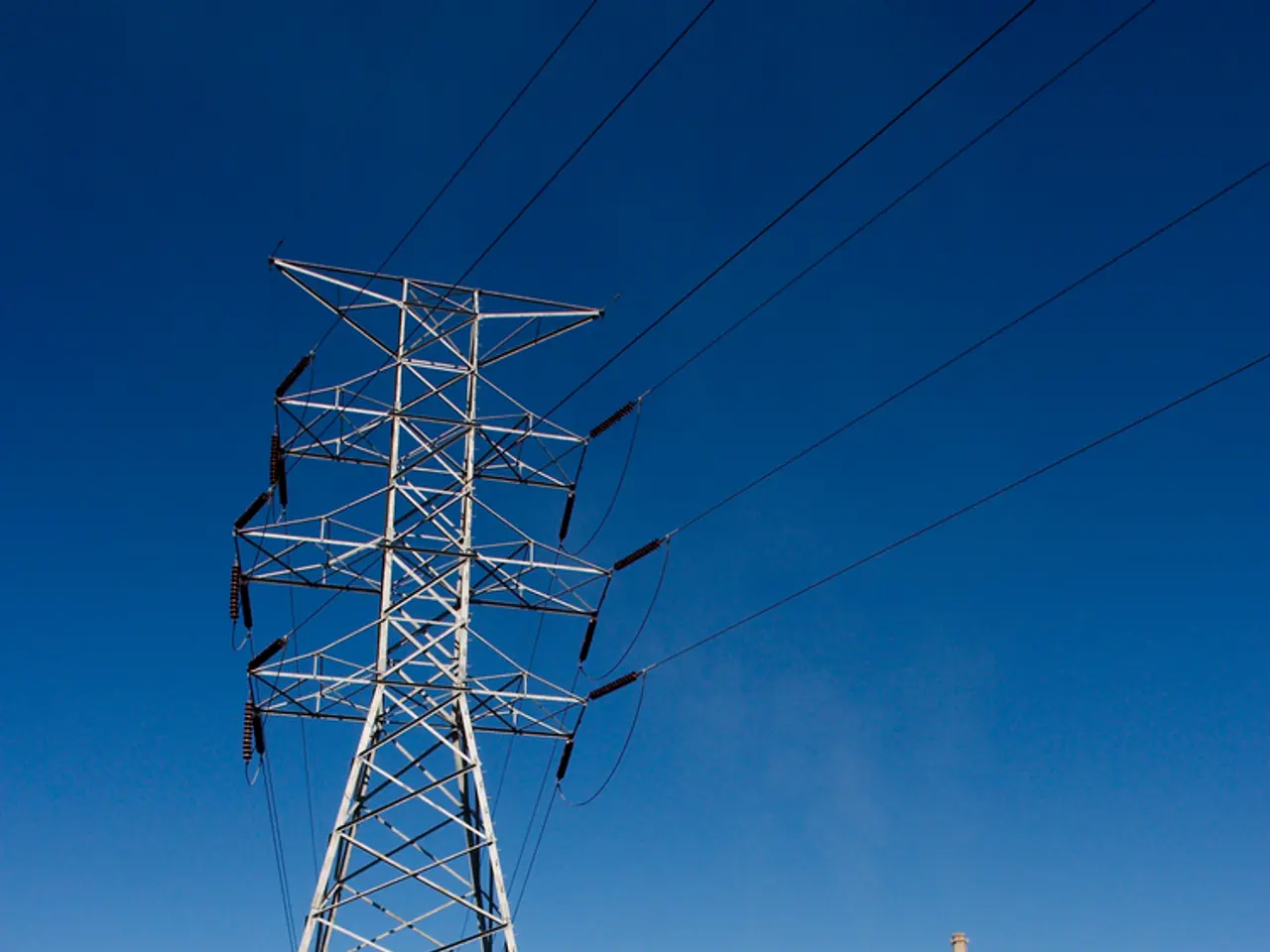Electrify Your Wallet: Germany's High Electricity Prices Compared to the World
Germany ranks fifth globally for the highest electricity prices
So, you're paying a pretty penny for electricity if you're a resident in Germany. Compared to the international community, your household is digging deeper into its pockets than many other nations. That's because, in a recent analysis, Germany ranked fifth globally for highest electricity prices, according to Verivox and Global Petrol Prices.
As of the first quarter of 2025, the average cost of electricity across Germany was around 38 cents per kilowatt hour (kWh). That figure may not seem astronomical, but it pales in comparison to the cheapest countries, like Iran (at 0.35 cents per kWh). Even in Europe, only three countries have prices higher: Bermuda, Denmark, Ireland, and Belgium.
Four years ago, Germany had the top spot among the priciest countries. Still, the nation remains among the high-price nations in the world as electricity costs less than half the global price, amounting to 15 cents per kWh. However, it's important to note that this comparison is flawed due to the varying purchasing power of people. Once adjusted for this factor, Germany ranks 22nd out of 143 countries.
Why are German electricity prices so high, you ask? Let's break it down:
- Renewable Energy Expansion and Grid Costs: Rapid expansion of renewable energy sources like wind and solar has led to increased system costs, including grid infrastructure upgrades and balancing costs for intermittency. In northern Germany, where much wind energy is produced, regional grid fees are higher due to concentrated costs for updates, which pass on higher fees to consumers and industries locally.
- Phase-out of Nuclear and Coal: Germany's decision to shut down nuclear power plants and phase out coal has left an over-reliance on gas-fired power plants for system stability. High gas prices contribute to elevated electricity prices. The combination of renewable intermittency and expensive gas backup maintains upward pressure on wholesale costs.
- Electricity Taxes and Levies: Taxes, grid fees, and surcharges like gas storage levies add to retail electricity prices in Germany. Recent calls by northern German states suggest faster implementation of relief measures such as lowering electricity tax and grid fees to ease cost burdens on citizens and businesses.
- Industrial Electricity Prices and EU Regulations: The German government has proposed subsidized electricity prices for industry to remain competitive. However, such schemes may be constrained by European Union state aid regulations, limiting the government's ability to reduce industrial costs significantly.
- Economic and Demand Factors: Slower growth in electricity demand due to delayed electrification in transport and heating sectors complicates projections and planning for future energy needs. This slower demand growth leads to debate over the pace of renewable expansion and its impact on prices.
Now, the good news: many households can save money by switching from expensive basic supply to cheaper tariffs. Offers as low as 26 cents per kWh are available. Plus, plans are in motion to reduce electricity taxes, levies, and cap network charges, aiming for electricity prices to be at least five cents cheaper per kWh. Furthermore, proposals have been made to reduce network charges by switching from earth to overhead cables, which could save billions.
So, while it may feel like you're shelling out a fortune for your electricity bill, there's still hope for wallet-friendly watts. Feeling empowered yet? Let's take control of those charges and keep our pocketbooks happy!
In the context of Germany's electric policy, vocational training programs could be beneficial for the workforce to manage grid costs and transition towards renewable energy sources more effectively. To facilitate this, financial support from the government could be allocated towards vocational training focused on the energy sector, particularly in fields like engineering and sustainability.
Industries in Germany face higher electricity prices compared to other nations, which can have a significant impact on their financials. To address this issue, the German government could consider implementing industry-specific policies, such as negotiating lower prices within the EU or striving for exemptions from certain electricity taxes and levies, in order to keep industrial costs competitive and ensure financial stability for these sectors.




